How Long Do Coffee Beans Last?
The quest for the perfect cup of coffee often begins with a simple, yet crucial question: how long do coffee beans last? For coffee aficionados, understanding the shelf life of coffee beans is essential in preserving the rich flavours and enticing aromas of this beloved beverage.
Here are RISE coffees top 5 Tips For Keeping Coffee Fresh
-
Buy whole bean coffee.
-
Grind the beans before you brew the coffee.
-
Keep in a cool dry cupboard in an airtight container.
-
Don’t keep in the fridge or freezer.
-
Drink within 3 month after roast date (between 7-21 days is best).
The Lifespan of Coffee Beans
Coffee beans are known for their complex and nuanced flavours, which are highly dependent on their freshness. Generally, coffee beans maintain their peak quality for about two to six weeks after roasting. However, this can vary based on several factors, including the type of bean, roast, and storage conditions.
How Long Do Coffee Beans Last Unopened?
Every coffee roaster and barista have a slightly different opinion on this and it can vary depending on the quality of the bean. At RISE coffee box, we believe that the coffee tastes its best between 5-21 days since its roast date. Drinking coffee straight after it has been roasted is also not a good idea as the coffee needs to degas and settle down (a bit like leaving a steak for 15 minutes to rest!). Coffee found inside a RISE coffee box can be consumed within 3 months (and some last up to 6 months) but you will notice a decline in the flavour the longer you leave it.
One thing to look out for is if the coffee is oily. This can happen more so with darker roasts and has a negative effect on the coffee taste.
Whole or Ground Beans
Here at RISE coffee box we always recommend buying whole bean coffee vs pre ground coffee. Whole coffee beans will stay fresh for much longer than beans that have already been ground for your brewing method. The scientific reason is that grinding the beans exposes far more surface area to air and allows the coffee to start oxidising. The exposure to oxygen in the air causes the degradation of the bean as soluble compounds begin to oxidise.
If you ever grind your bean yourself, you will notice the aroma in the air that the bean gives off as soon as it has been ground. This is science in action. This is the beans immediate reaction to being exposed to oxygen. That beautiful coffee aroma will start to fade. If you have pre ground coffee that was roasted up to 2 years previously you can just imagine the decrease in quality as it has oxidised.
Buying a grinder and a coffee scale is a great way to enjoy whole bean coffee and extend the life of your specialty coffee.

Types and Roasts
Different types of coffee beans have slightly varied shelf lives. Arabica beans, prized for their smooth and sweet profile, may lose their distinct characteristics faster than the hardier Robusta beans, known for their strong and robust flavour.
The roast level also plays a role. Lightly roasted beans tend to retain their qualities longer than dark roasts. This is due to the fact that darker roasts have more oils on the surface, which can oxidise and become rancid more quickly.
Quality of beans you buy
The way you store coffee beans significantly impacts their longevity. Exposure to air, light, heat, and moisture can accelerate the degradation process. To prolong the life of your beans, store them in an airtight container in a cool, dark place. Avoid refrigerating or freezing the beans as this can introduce moisture and lead to staleness.
The roaster who buys the coffee also has to ensure that the highest quality red cherries are selected and purchased. This is only accounts for around 10% of coffee. The rest is bought yellow or unripe at cheaper prices for mass production.

Storage Matters
The way you store coffee beans significantly impacts their longevity. Exposure to air, light, heat, and moisture can accelerate the degradation process. To prolong the life of your beans, store them in an airtight container in a cool, dark place. Avoid refrigerating or freezing the beans as this can introduce moisture and lead to staleness.
Here at RISE coffee, we would recommend Airscape container.

Signs of Stale Coffee
Detecting stale coffee is straightforward. The most obvious sign is a loss of aroma. Fresh beans emit a strong, pleasant smell, while stale beans lack this quality. Additionally, the flavour profile changes - stale coffee often tastes flat, bitter, or woody.
Where you buy your coffee makes a difference
Where you buy your coffee beans will have a huge difference to how long your coffee will last. The key difference between buying your coffee from an independent specialty coffee roaster and the supermarket is the roasted date vs best before end date. The majority of supermarket coffee beans have a best before end date which can be up to 2 years. Supermarkets require a long shelf life and often your coffee can be sitting on a shelf for up to years before you buy it, take it home and drink. This means that the coffee has spent two years going stale. When you buy coffee from a specialty coffee roaster of from a coffee subscription like RISE coffee box the coffee is (or should be!) freshly roasted, meaning that the roaster roasted the green coffee beans within the last few days (or even a week is fine!). This means that your coffee will be fresh and still full of all the vibrant aromas and flavours. Most specialty coffee is medium roasted to retain these beautiful flavourful characteristics that you won't find from your supermarket coffee.

Packaging Method
The packaging methods used by mass produced supermarket brands and independent specialty coffee roasters are also quite different. This isn't something you as a consumer can control, but where you buy it from does.
Mass produced industrial Packaging
Industrial packaged beans have often been sitting in large storage containers for long periods of time between roasting and packaging. Then, they often sit in warehouses and grocer's shelves for weeks or perhaps even months before you take them home.
The methods used by large brands you find in supermarkets such as Lavazza, use industrial coffee packing techniques such as Nitrogen Flushing and Vacuum Sealing. They are effective in providing some additional lifespan to the product but still do not provide the same level as freshness as your local independent roaster hand packing the coffee immediately into the bag before sending it out to you.
Hand Packing
A more manual method used by specialty and small-batch coffee roasters. Once the green coffee has been roasted, the beans are packaged and sealed (using heat sealers) into the packaging that it will be shipped in.
At RISE coffee box, we only work with roasters who hand pack the coffee bags.
Extending the Life of Your Coffee Beans
Right Purchasing Choices
To ensure you get the freshest beans, buy from local roasters who can provide information about the roasting date. Smaller quantities are better as it reduces the time the beans sit in your kitchen pantry.
Proper Storage Techniques
Investing in a good-quality, airtight container is a wise decision for coffee enthusiasts. Containers that block out light and are made of non-reactive materials like ceramic or glass are ideal.
The basics of coffee bean storage are:
1) Keep it airtight and sealed away from oxygen, light and heat.
2) Store it in a cool dark place to get the best affects of point number 1.
Can You Keep Coffee In The Freezer?
A common question that is asked is "can you keep coffee in the freezer?". At RISE coffee box, we personally wouldn't keep coffee in the freezer, but this doesn't necessarily mean you shouldn't. The best way to keep coffee fresh in the freezer is to vacuum pack the coffee first. The freezing process will take moisture out of the coffee and this moisture is part of what gives it the aroma and flavour of that bean.
You can preserve coffee beans in the freezer, and it will retain some of its flavour profile for longer, but it wont taste the same as if it had been freshly roasted!

Conclusion
In summary, the lifespan of coffee beans varies but they generally remain at their best for two to six weeks post-roasting. Proper storage and mindful purchasing can significantly extend the life of your beans, ensuring each cup of coffee you brew is as fresh and flavourful as possible.
Remember, the key to great coffee is not just in the brewing, but also in how well you store your beans. By paying attention to these details, you can enjoy a superior coffee experience every time.
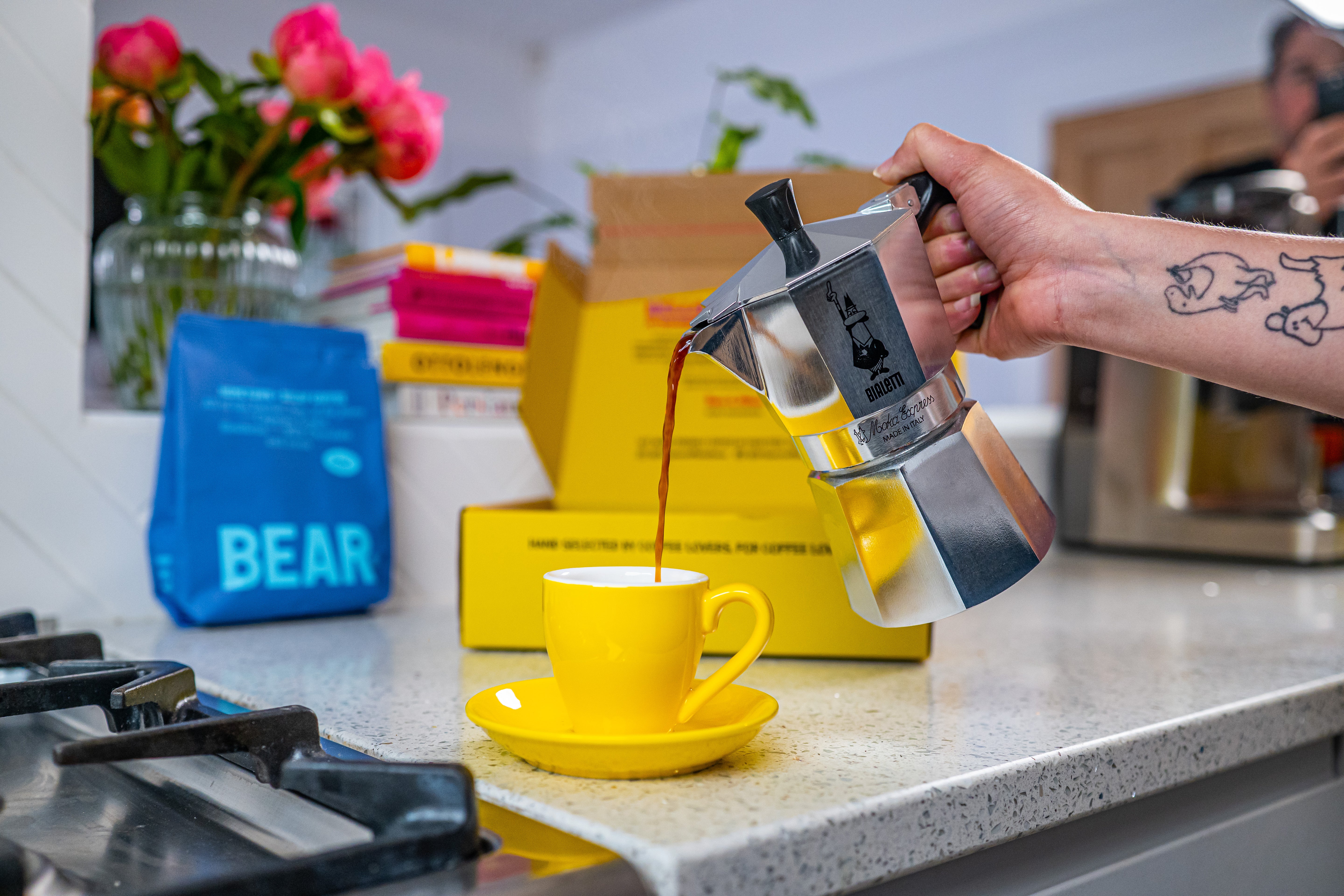
MONTHLY COFFEE DELIVERED TO YOUR DOOR
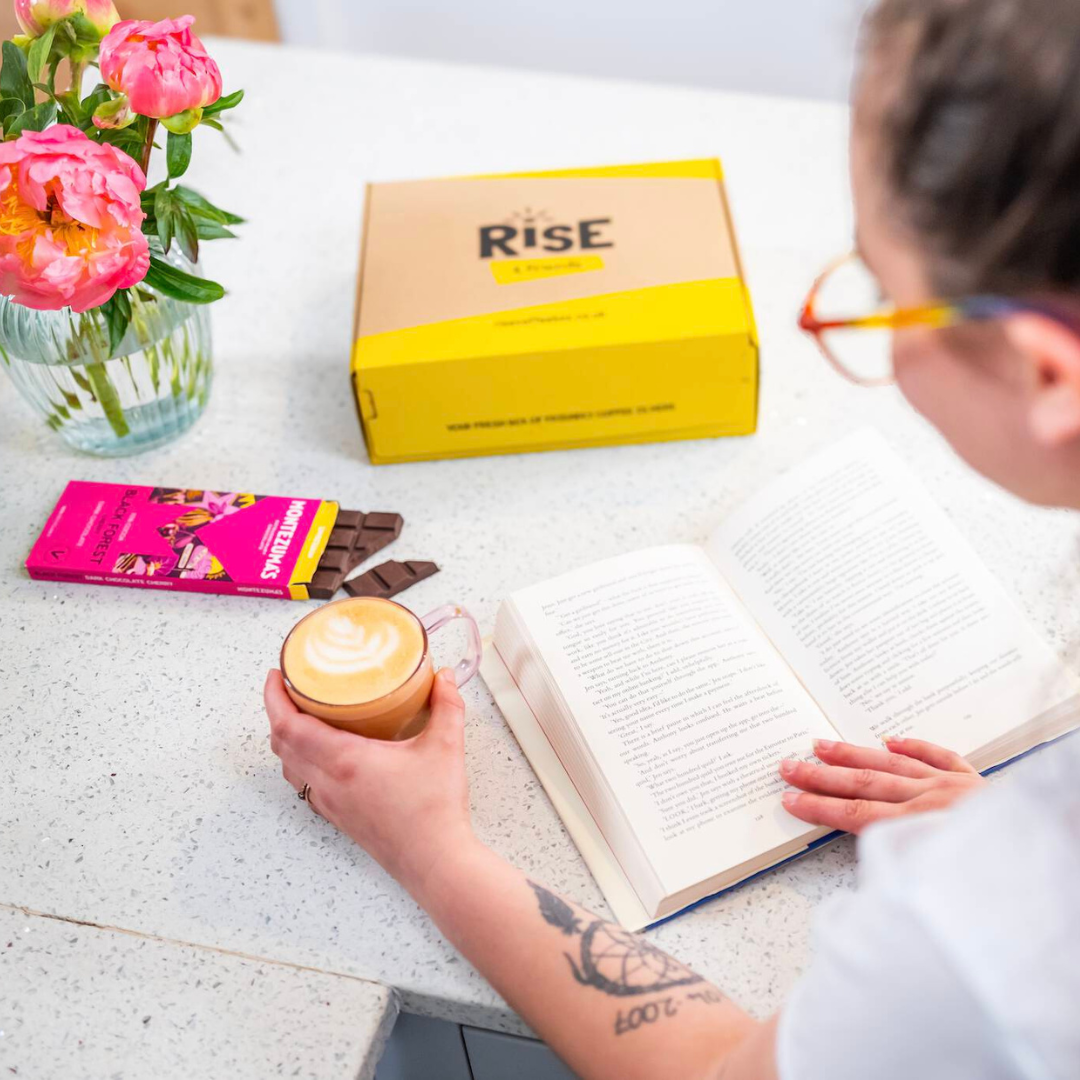








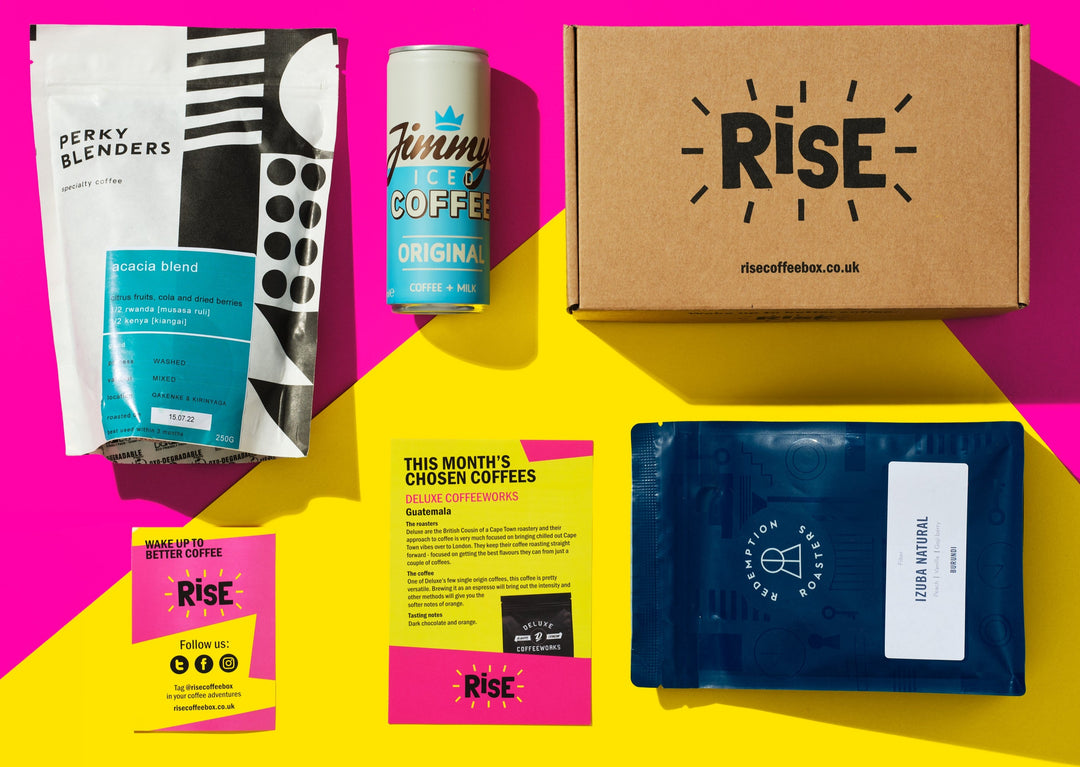
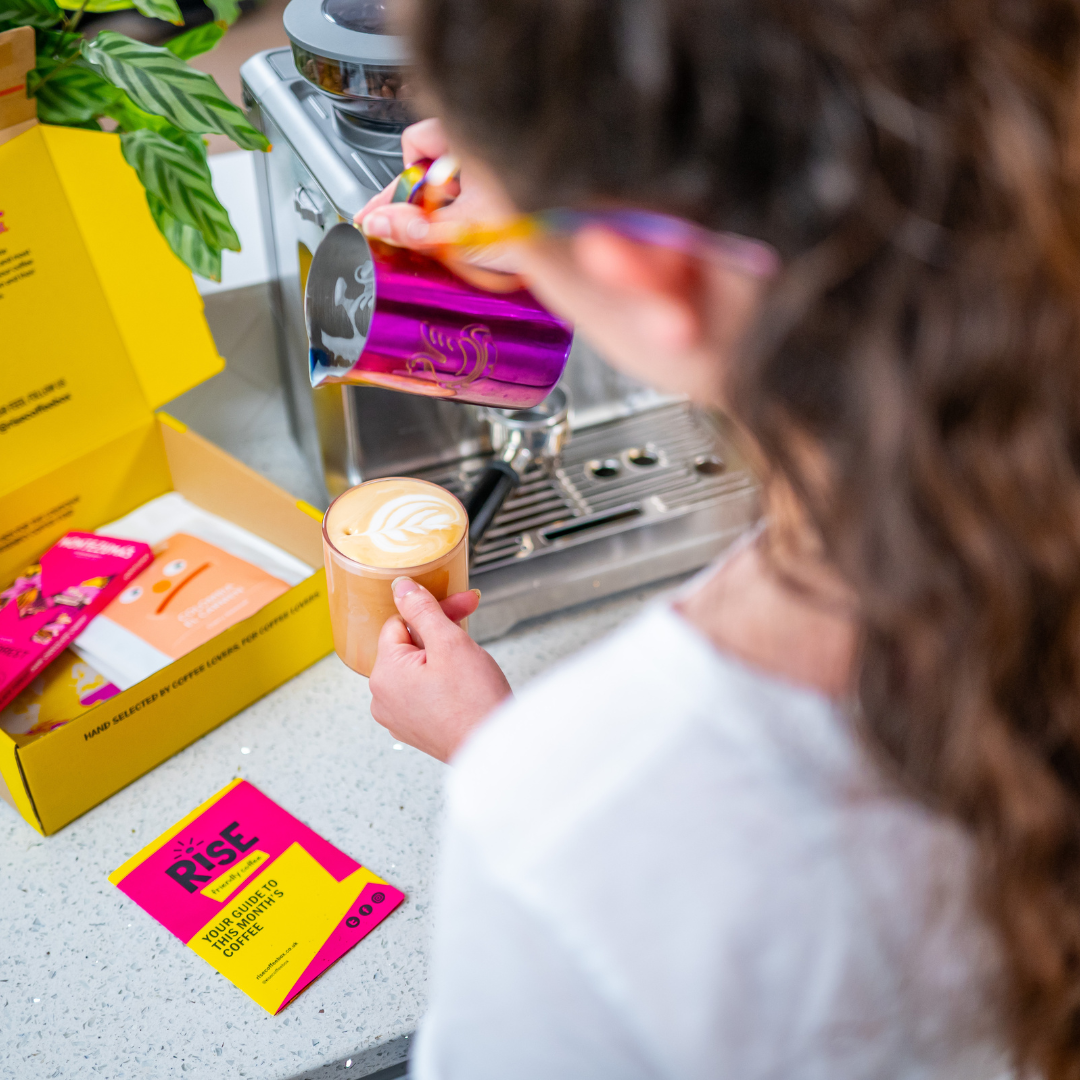
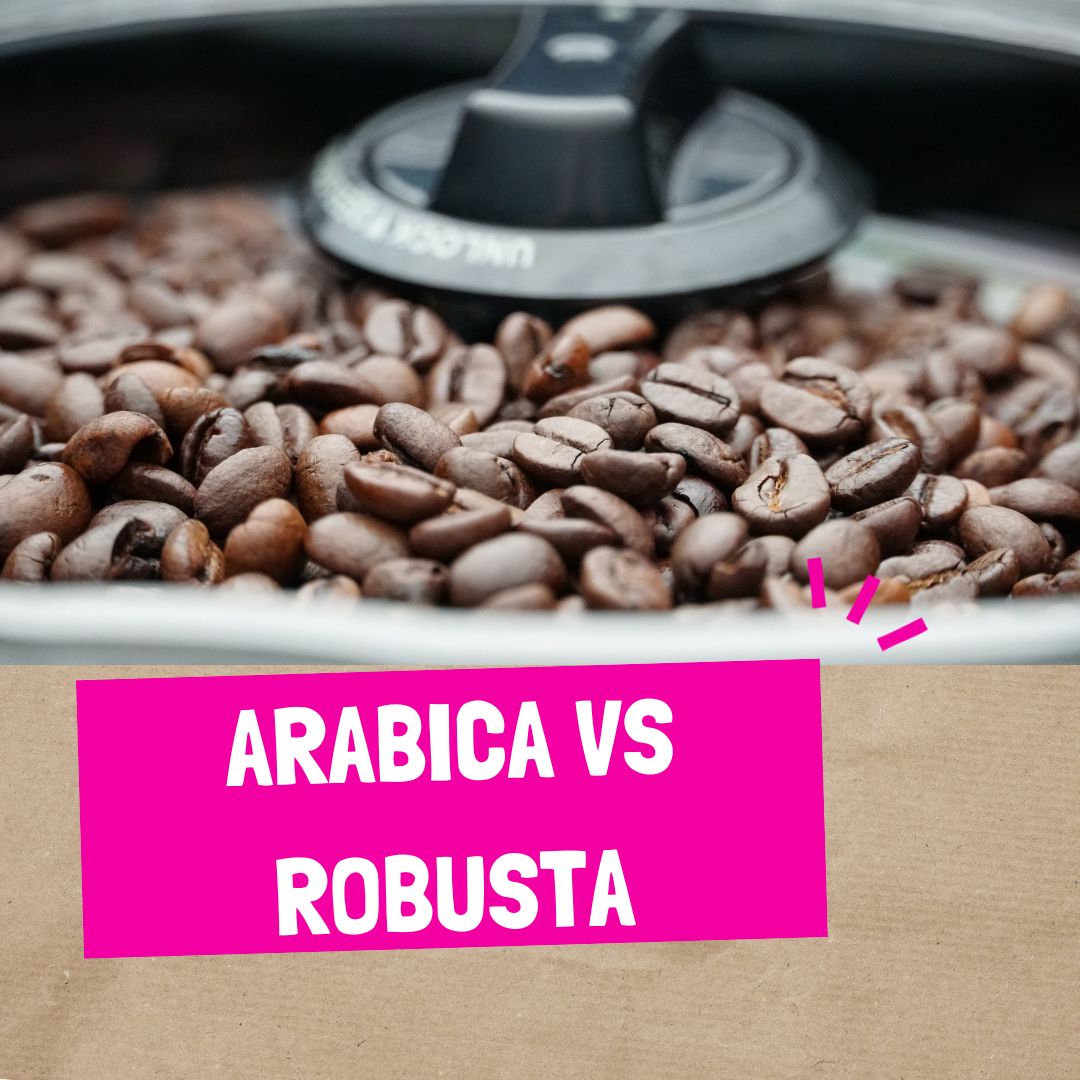


















Leave a comment